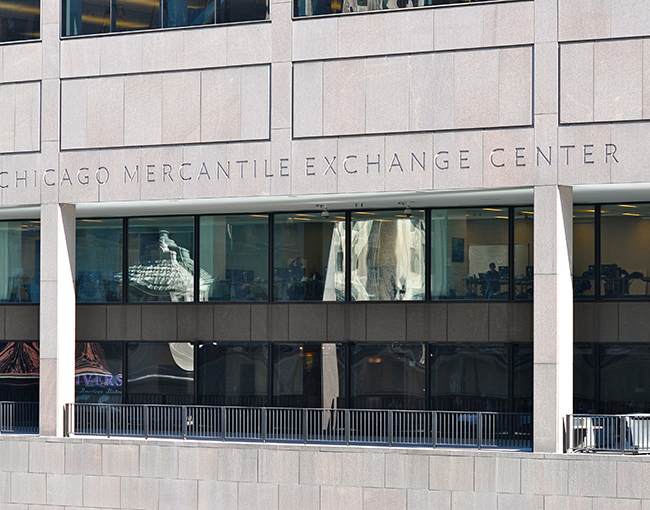In December 2016, the exchanges (and swap execution facility division) comprising the CME Group enacted changes to Chapter 4 ("Enforcement of Rules") of their respective rulebooks. The changes in Chapter 4 impact both substantive rights and procedures in the exchanges' disciplinary processes. Five notable changes are described below:
1. Fining authority increased
Rule 402.B.10 has been modified to enable a Business Conduct Committee (BCC) to impose a fine of up to $5 million per violation, a significant increase from the prior fining authority of $1 million per offense.
Comment: It is unclear why the exchanges believed this change was needed. Since many cases involve alleged multiple violations (e.g., 30 wash trades during a given time period), the prior fining authority of $1 million would appear to have been sufficient because a BCC panel, if so desired, could impose a $1 million fine for each and every trade that is an alleged violation, resulting in an extremely high total fine.
2. Vexatious conduct
New Rule 402.B.15 authorizes a BCC to "order a party or its legal counsel or other representative" to pay out of pocket expenses incurred by the exchange if "such party, counsel or representative engaged in vexatious, frivolous or bad faith conduct during the course of an investigation or enforcement proceeding."
Comment: This rule change purports to apply to lawyers as well as respondents. The exchanges' Special Executive Report (S-7808) announcing the new rules does not explain on what legal basis the exchanges may enact or enforce rules which apply to persons who are neither members nor market users.
3. No unsupported settlement offers
Previously, respondents in enforcement cases were permitted to present settlement offers to the BCC for consideration even if the offers were not supported by the Market Regulation Department. Due to changes to Rule 408.C., unsupported settlement offers are no longer permitted. A settlement offer, if any, must be endorsed by Market Regulation or it cannot be presented to the BCC.
Comment: Prior to the rule change, the use of the unsupported settlement process was not uncommon and some attorneys felt it served as a check/balance when a case did not warrant an evidentiary hearing (likely because liability was not contested) but the sides could not agree on one or more of the settlement terms. The elimination of the unsupported settlement process eliminates what many believed was a viable path for resolving such cases without the time and expense of a full hearing.
4. Appeals
Previously, a respondent against whom an adverse BCC decision was made could only appeal the decision to the exchange Board of Directors if leave to appeal were granted. Due to changes in Rule 411, leave to appeal is no longer required. Rather, appeal is a matter of right.
Comment: Of all the changes to Chapter 4, this is one of the few changes that is pro-respondent.
5. Document and witness lists and opinions
Previously, the respondent was subject to a deadline of 14 days prior to hearing for submitting exhibits and witness names to the Market Regulation Department. The 14 days has been changed to 28 days, plus the production is an express mutual obligation of the respondent and the Market Regulation Department. In addition, if either the respondent or the Market Regulation Department intends to call an expert witness at the hearing, then 28 days before the hearing, a summary of the expert's opinions and the basis and/or methodology underlying the opinions along with any documents and other materials must be produced to the other side.
Comment: Although it is a common practice by the Market Regulation Department to call one of its own staff to provide what would be called in a civil court "expert testimony," the new rule provides that testimony by such staff is not considered expert testimony and is therefore not subject to the new disclosure rules.
Rick Reibman is a co-chair of Thompson Coburn's Corporate and Securities group and leads the practice in Chicago.

